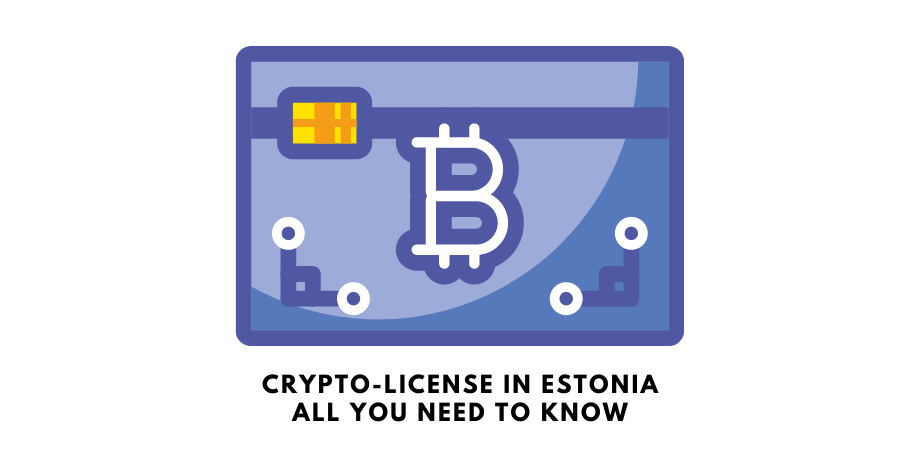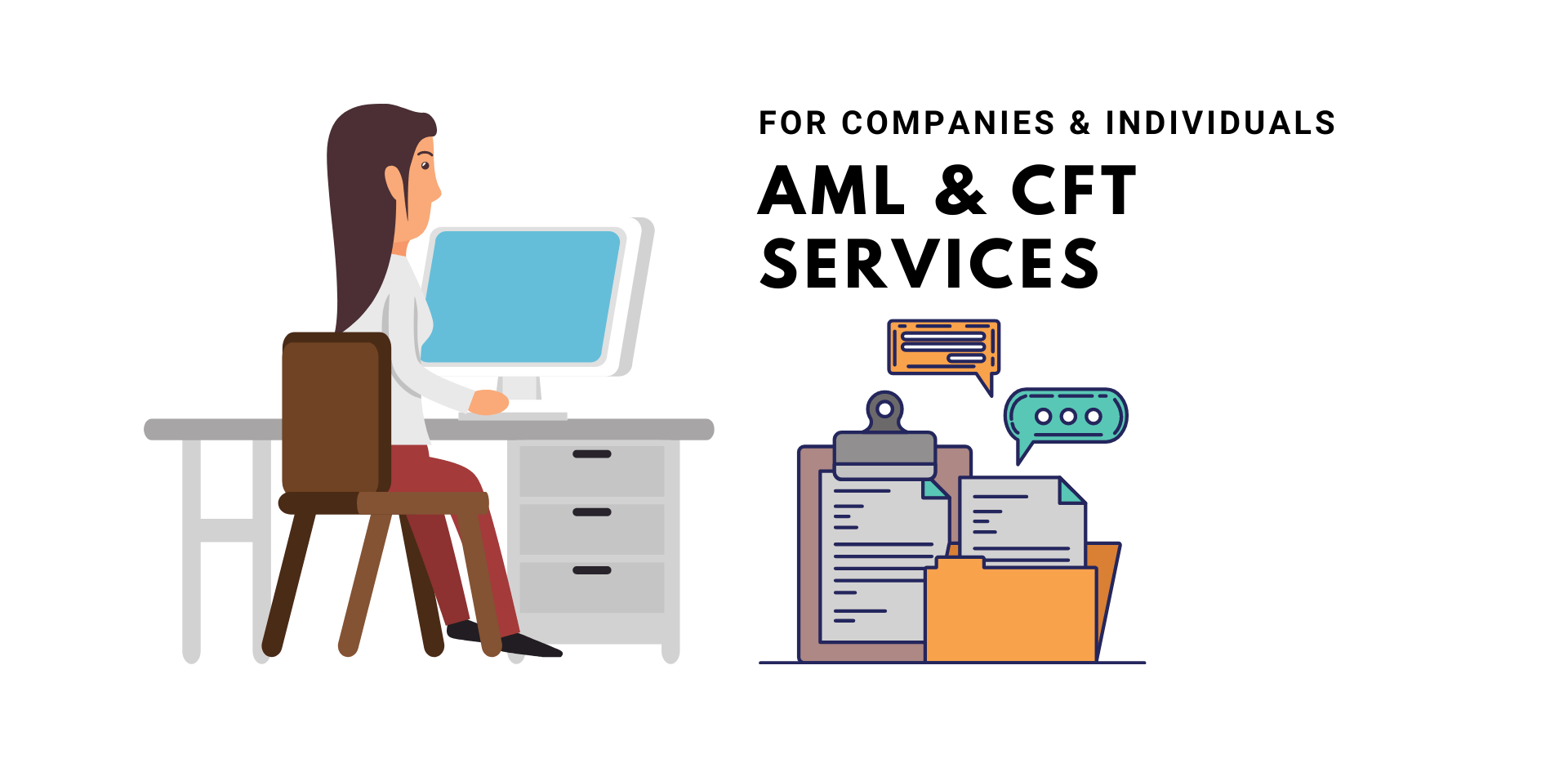Crypto License in Estonia. Single Cryptocurrency Exchange License.
Estonia is considered the most lenient of its kind with eased conditions for obtaining a cryptocurrency exchange license for startups in the blockchain technology industry. In other words, a so-called crypto license in Estonia is an official permission to operate a regulated cryptocurrency business.

Single Cryptocurrency Exchange License
Several new cryptocurrency and trading platforms are established every week, and a large number of them have been licensed in Estonia, as the local order provides a faster process for obtaining a crypto license than, for example, in the jurisdictions of other countries. A specialists from AlphaLAW will guide your project through all the necessary procedures for preparing documents and obtaining regulatory approval to start your crypto business.
The National Financial Intelligence Unit (FIU, or Rahapesu Andmebüroo, RAB) is the local government institution responsible for issuing a crypto license in Estonia.
Crypto services activities require a license under the Money Laundering and Terrorist Financing Prevention Act, referred to as a single cryptocurrency license. Two different services fall into this category: a virtual currency wallet service provider and a virtual currency exchanger. Previously, this required two different licenses, which are now combined in the Virtual Currency Service Provider License.
1. Crypto-wallets and custodial services.
The first category of services includes the generation and storage of encrypted client keys.
2. Crypto exchange services.
The second category of services is the exchange of cryptocurrencies for fiat money or vice versa, or cryptocurrencies for other cryptocurrencies.
Cryptocurrency License (Crypto License) in Estonia Main Information
Regulator: Office of money laundering prevention (National Financial Intelligence Unit (FIU, or Rahapesu Andmebüroo, RAB);
Legal Framework: Money Laundering and Terrorist Financing Prevention Act;
Period of consideration for the application: up to 60 working days.
Advantages
Hundreds of crypto companies conduct business from Estonia for a number of reasons that are undeniably beneficial to doing business across Europe.
First, an Estonian crypto company can benefit from fair and accurate regulation. Estonia's AML law and related regulations set forth rules that allow the licensed company to know what is allowed, what is prohibited, and how it must generally conduct itself to comply and remain compliant with the law.
In addition, Estonia offers a favorable business environment. Almost all aspects of starting and running an Estonian business can be done entirely online from anywhere in the world thanks to the e-Residency program. Recent data shows that Estonian e-residents from around the world generate over €1 billion in economic activity through their Estonian companies.

Furthermore, there is no corporate income tax in Estonia. Instead, only distributed profits are generally subject to a corporate income tax of 20% or 20/80 of the net distributed profit. In other words: under the Estonian tax system, a company has the option to reinvest its profits tax-free.
A virtual currency is a value represented in digital form that can be traded, stored, and transferred and that can be accepted as a means of payment by individuals and legal entities, but it is not a monetary or legal tender of a state. This means that a cryptocurrency and its derivatives, including tokens, fall entirely within the definition of virtual value.
Cryptocurrency Wallets
Cryptocurrency wallets are offline and online digital tools based on public-key cryptography used to securely send and receive cryptocurrencies over the network.
There are two types of wallets: cold (offline wallets - like hardware wallets, paper cryptocurrency wallets) and hot (online wallets) storage. The difference is that cold wallets store digital coins offline, without internet access, while hot wallets are mainly used to store small amounts or for daily storage. Hot storage wallets include conventional and multi-currency cryptocurrency wallets.
A single cryptocurrency license in Estonia allows cryptocurrency wallet services to be offered for both cold and hot storage.
Obtaining a License to Provide Cryptocurrency Exchange Services
Applying for and obtaining a crypto license to provide a service for the exchange of virtual currencies and cryptocurrencies for money (fiat currency) is a procedure established by law, which requires diligence and strict compliance with certain procedural and substantive requirements arising from the relevant legal acts.
The specialists from AlphaLAW provide comprehensive legal and corporate assistance in obtaining a license to provide services as a cryptocurrency exchanger, including advice on all the requirements established by law for the license applicant and its commercial activities, as well as the preparation and submission of the relevant application to the regulatory authority with all the documents necessary for the successful completion of the procedure for obtaining the license.

Services Allowed for Provision on the Basis of Estonian Cryptocurrency License
- To provide the exchange of cryptocurrency against a fiat currency;
- To provide the exchange of fiat currency against a cryptocurrency;
- To provide the exchange of cryptocurrency against a cryptocurrency;
Requirements
- Business owner contact information (phone number, email, residential address), CV.
- Address of service provision and website address.
- Name and contact details of the person responsible for the offer.
- Name, personal identification number (if not available - date of birth), place of birth and residential address of the actual beneficiary of the business.
- Procedural rules and internal control rules developed in accordance with Articles 29 and 30 of the Terrorist Financing Prevention Act Money Laundering and, in the case of persons with special responsibilities under Article 6 of the International Sanctions Act, procedural rules developed under Section 6 of the International Sanctions Act and the procedure for reviewing their implementation.
- Name, personal identification number (if not available - date of birth), place of birth, nationality, residential address, function and contact details of the contact person referred to in Part 3, Article 29 or Part 4, Article 29 of the Terrorist Financing Prevention Act Money Laundering.
- Name, personal identification number (if not available - date of birth), place of birth, nationality, residential address, position and contact details of the person responsible for the application of international financial sanctions as determined by the business owner in accordance with Part 9, Article 13.
- If the business owner, Board Member, authorised officer, actual beneficiary or owner is a foreign citizen, or if the business owner is a foreign person providing services, it is necessary to submit a certificate from the criminal record of the country of origin or an equivalent document issued by a judicial or administrative authority confirming, that no penalties have been imposed for criminal offences against state authorities, money laundering offences or other criminal offences committed intentionally not more than three months ago, and which has been notarised and legalised by a notary public or in a similar manner or confirmed by the certificate of replacement of legalisation (apostille), unless an international treaty provides otherwise.

Changes in Regulations (New Regulations)
In accordance with the Money Laundering and Terrorist Financing Prevention Act, amendments were made to set stricter limits for companies applying for an Estonian crypto license.
Among other things, the minimum share capital of a crypto company in Estonia has been increased from €2,500 to €12,000 and must be fully paid up before applying for a crypto license in Estonia. This amount can then be immediately used to finance the company's future activities.
What has also changed is that a IBAN account is now required before applying. Estonian and European banks do not accept applications to open a bank account for crypto companies, but it is also true that an Estonian company has the right to open an account at European Electronic Money Institution.
One of the most important changes is the fact that from now on the physical location of the Board and the company's registered office must be located in Estonia. Also, the presence of a Board Member with Estonian residence is now mandatory.
The requirements for KYC/AML officers in Estonia have been significantly tightened. After applying for a crypto license, the KYC/AML officer must undergo an interview with the FIU in order to confirm their skills and suitability for the position of KYC/AML officer of Estonian crypto company.
In addition, the one-time state fee payable to the Estonian government for the application has been increased from €345 to € 3,300.

Contact Us and Apply for a Crypto License in Estonia
Specialists from AlphaLAW will be happy to help you obtaining a cryptocurrency license in Estonia. Our assistance includes the preparation of the list of required documents, help in developing company procedural rules, translation of documents into Estonian/English and support throughout the whole licensing process.
In case you have any questions or are interested in obtaining an Estonian license to exchange cryptocurrencies and other virtual assets for a fiat currency (crypto license in Estonia), please contact us through the following communication channels.





